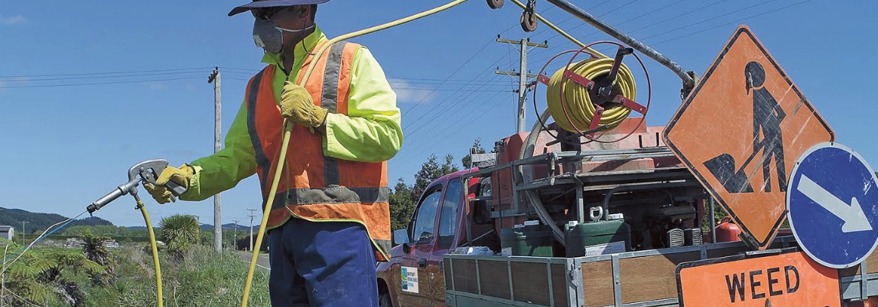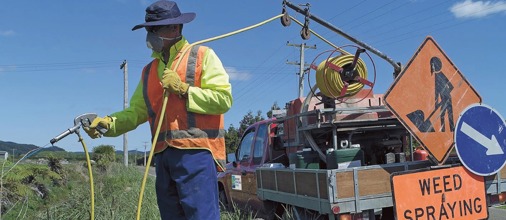The Approvals and Agricultural Compounds and Veterinary Medicines Group (ACVM Group) of MAF has granted limited approval for the use of streptomycin on kiwifruit vines.
The approval for use on kiwifruit vines requires that the product (Streptomycin - trade name KeyStrepto) is to be used under specified conditions, including that it is only applied a maximum of three times to vines in the pre-flowering period from the last harvest to before flowers first appear on the vine (meaning it is never sprayed directly onto the flowers or fruit) and it is only applied in clearly specified high risk areas or where PSa is detected.
Provided the product is used in accordance with these instructions, there will be no detectable residues on fruit for consumption. As a precautionary measure, fruit from vines documented as having KeyStrepto applied will be tested for residues. This testing will be managed by Zespri and the industry body established to manage PSa - Kiwifruit Vine Health (KVH) and data collated will be supplied to the ACVM Group.
Streptomycin has been approved for use on crops in New Zealand since the 1960s and the trade-named KeyStrepto was registered for use in 1978. This approval granted for kiwifruit is not a new registration, but rather extends the use conditions of the current registration to allow for use on kiwifruit. This approval was granted due to the urgency of the PSa situation and the damaging consequences of this disease on the New Zealand kiwifruit industry.
MAF's ACVM group applied its standard risk assessment and risk management approach to the decision to extend the use conditions for KeyStrepto to kiwifruit. In this case, as with any agricultural compound or veterinary medicine approval, the ACVM Group has the right to reassess approvals if new information comes to light indicating that use conditions should change or product approvals be withdrawn.
The ACVM Group has a primary role of regulating agricultural compounds, such as KeyStrepto, to ensure they are fit for purpose, and the safety and suitability of food products (including bee products) treated with them, for both domestic and export markets is retained. It will not be compromised.
The Australian and New Zealand authority Food Standards Australia and New Zealand (FSANZ) recently did a risk assessment on the use of antibiotics in some New Zealand apple orchards in response to concerns about possible health and safety risks. The report found that the possibility of residues being present in fruit was minimal and that the use of Streptomycin presented a negligible food safety risk. The results were confirmed by internationally-recognised experts in the field of antimicrobial (antibiotic) resistance.


